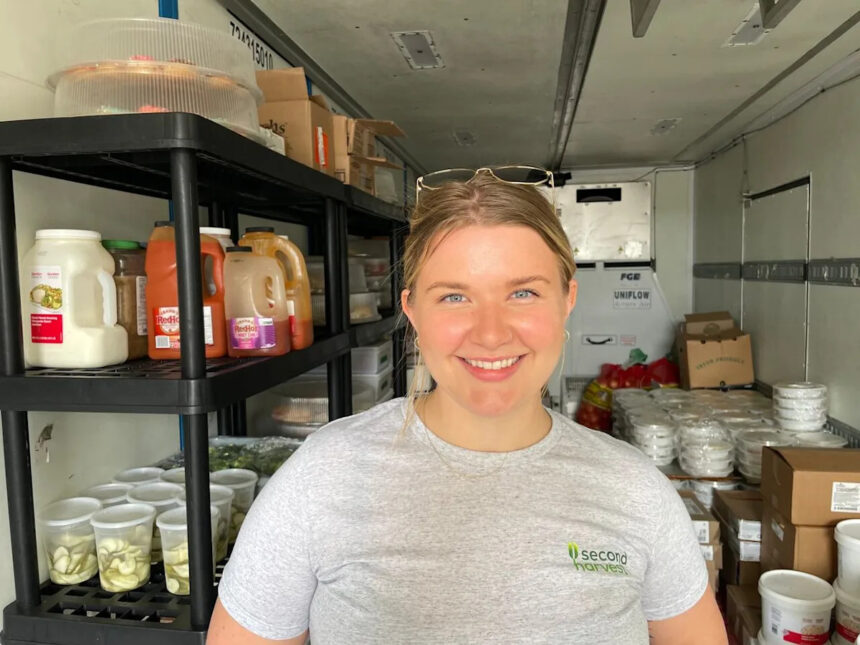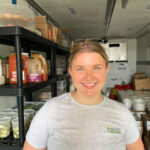In an inspiring display of community resourcefulness, thousands of kilograms of leftover food from the Cavendish Beach Music Festival have found their way to hungry islanders rather than landfills. The initiative, spearheaded by Food Rescue PEI, has transformed potential waste into nourishment for vulnerable communities across Prince Edward Island.
“When we first approached festival organizers three years ago, they were immediately receptive,” explains Tina Davies, executive director of Food Rescue PEI. “This year alone, we collected more than 1,800 kilograms of untouched food that would have otherwise been discarded.”
The operation unfolds with remarkable efficiency. As vendors pack up after the festival concludes, Food Rescue PEI volunteers swiftly collect unopened packages of hamburger buns, hot dog rolls, produce, and other non-perishable items. These supplies are then distributed to community food banks and shelters across the island, providing immediate relief to those experiencing food insecurity.
What makes this initiative particularly noteworthy is its dual impact. Not only does it address hunger within local communities, but it also tackles the growing concern of food waste. According to recent studies, Canadians waste approximately 2.3 million tonnes of edible food annually—equivalent to nearly $21 billion in lost value.
“People don’t realize the scale of perfectly good food that gets thrown away after large events,” Davies notes. “We’re talking about unopened packages, fresh produce, and prepared meals that meet all safety standards but simply haven’t found their way to consumers.”
The festival’s commitment to sustainability extends beyond food donation. Organizers have implemented comprehensive waste management strategies throughout the event, including recycling stations, compostable serving ware, and reduced single-use plastics. These combined efforts represent a growing trend of environmental consciousness within the entertainment industry.
“We’ve seen incredible community support,” says Mike Smith, one of the festival coordinators. “From vendors willingly setting aside unsold items to volunteers helping with collection, there’s a genuine desire to make positive changes.”
The impact reaches far beyond the festival grounds. Beneficiaries include shelters in Charlottetown, community kitchens in Summerside, and family resource centers across rural PEI. For many of these organizations, large-scale donations provide critical relief during summer months when donation levels typically decline while need remains high.
This success story from Prince Edward Island raises important questions about food security initiatives nationwide. With approximately 5.8 million Canadians experiencing some level of food insecurity, and environmental concerns mounting around waste management, could similar partnerships between entertainment venues and community organizations represent an effective model for addressing both challenges simultaneously?
As PEI demonstrates, sometimes the most meaningful community nourishment comes not just from the music that feeds the soul, but from the thoughtful redistribution of resources that might otherwise go to waste.
























